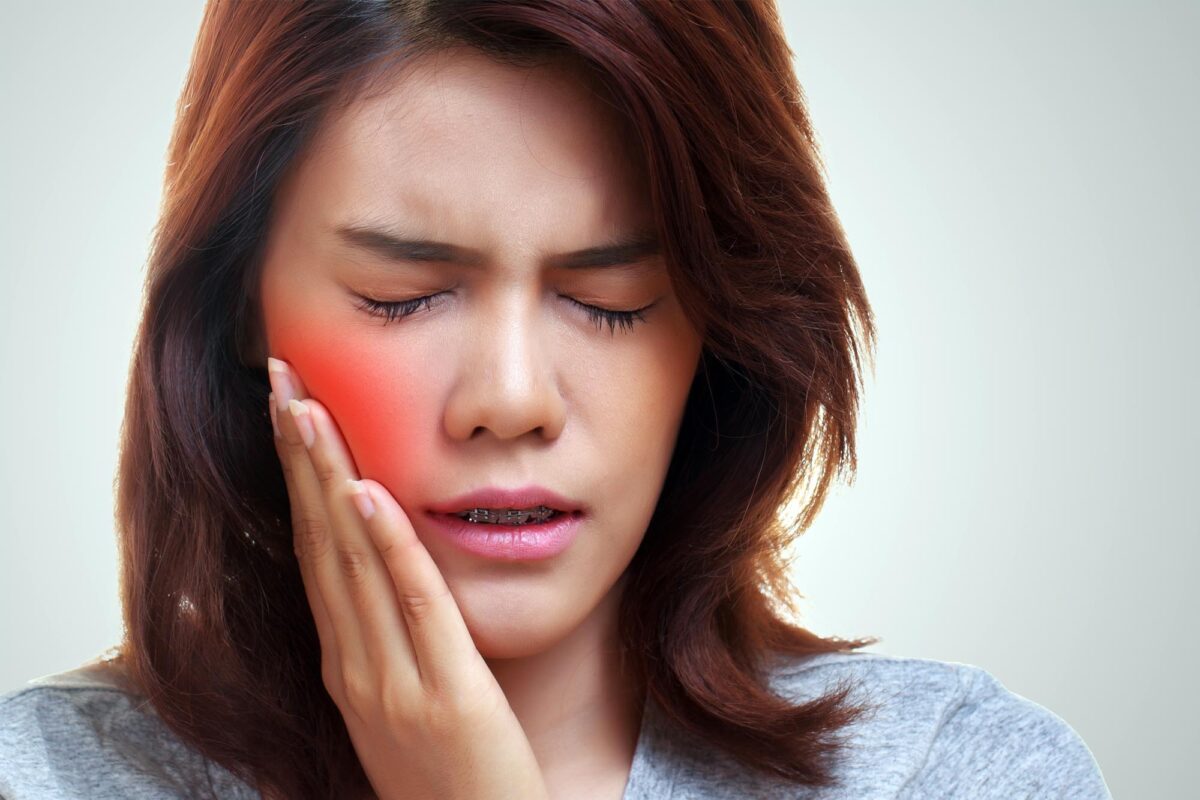Can Seasonal Allergies Cause Tooth Pain?
Yes! One of the most common causes of tooth sensitivity and tooth pain — especially tooth pain that is not related to cavities or tooth decay. It is most common for the front teeth and canine teeth to experience tooth pain and sensitivity, due to their close proximity to the maxillary sinuses, though all roots of the upper arch of teeth can be irritated by allergies.

Hay Fever and Tooth Pain
Just like allergies cause inflammation of the sinuses, so does hay fever. Seasonal allergies to grass, hay, and other plant allergens can cause tooth pain and sensitivity that radiates out from the root tips.
Worsening Teeth and Oral Hygiene with Allergies
 Those who already have poor oral hygiene, grind their teeth, or have existing tooth decay and dental problems may see these problems worsen more quickly during allergy season. Teeth are mobile — they constantly move. Teeth can move farther and more quickly when the tissue around the roots becomes inflamed, infected, and or more pliable.
Those who already have poor oral hygiene, grind their teeth, or have existing tooth decay and dental problems may see these problems worsen more quickly during allergy season. Teeth are mobile — they constantly move. Teeth can move farther and more quickly when the tissue around the roots becomes inflamed, infected, and or more pliable.
Wearing retainers during the worst of allergy symptoms may help to reduce the tooth pain and sensitivity associated with allergies, as it will brace the teeth.
Should You See a Dentist Or an Allergist For Tooth Pain from Allergies?
 Your dentist can help with all of your teeth and bite needs, but may need help from an allergist to diagnose the sensitivity and tooth pain as coming from the sinuses versus the teeth, gums, and bones surrounding the teeth. Seeing an allergist first, and bringing documentation to your dentist can help show the source of the inflammation and may influence your dentist’s opinion on diagnosing and scheduling of services to alleviate tooth pain.
Your dentist can help with all of your teeth and bite needs, but may need help from an allergist to diagnose the sensitivity and tooth pain as coming from the sinuses versus the teeth, gums, and bones surrounding the teeth. Seeing an allergist first, and bringing documentation to your dentist can help show the source of the inflammation and may influence your dentist’s opinion on diagnosing and scheduling of services to alleviate tooth pain.
Root pain caused by allergies can feel exactly as painful as when a tooth has root decay and needs a root canal. The difference is that seasonal allergies will go away and the pain will subside, whereas root decay continues to get worse as the tooth nerve dies. For this reason, working in conjunction with an allergist may be able to save you from unnecessary work due to a misdiagnosis.

Allergist for Sinus and Tooth Pain in Arizona
Family Allergy Clinic in Mesa Arizona can help your family diagnose sinus pain, allergies, and hay fever that may be the cause of your chronic tooth pain and sensitivity. Schedule an appointment with us to start the process.






